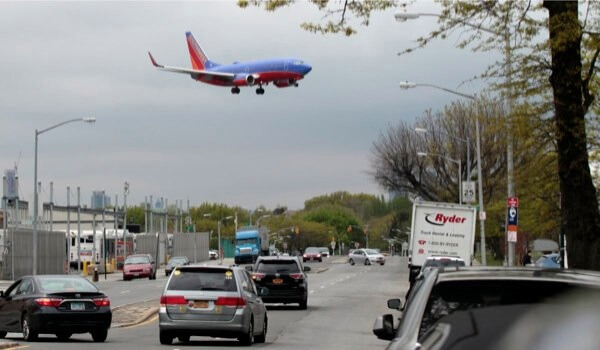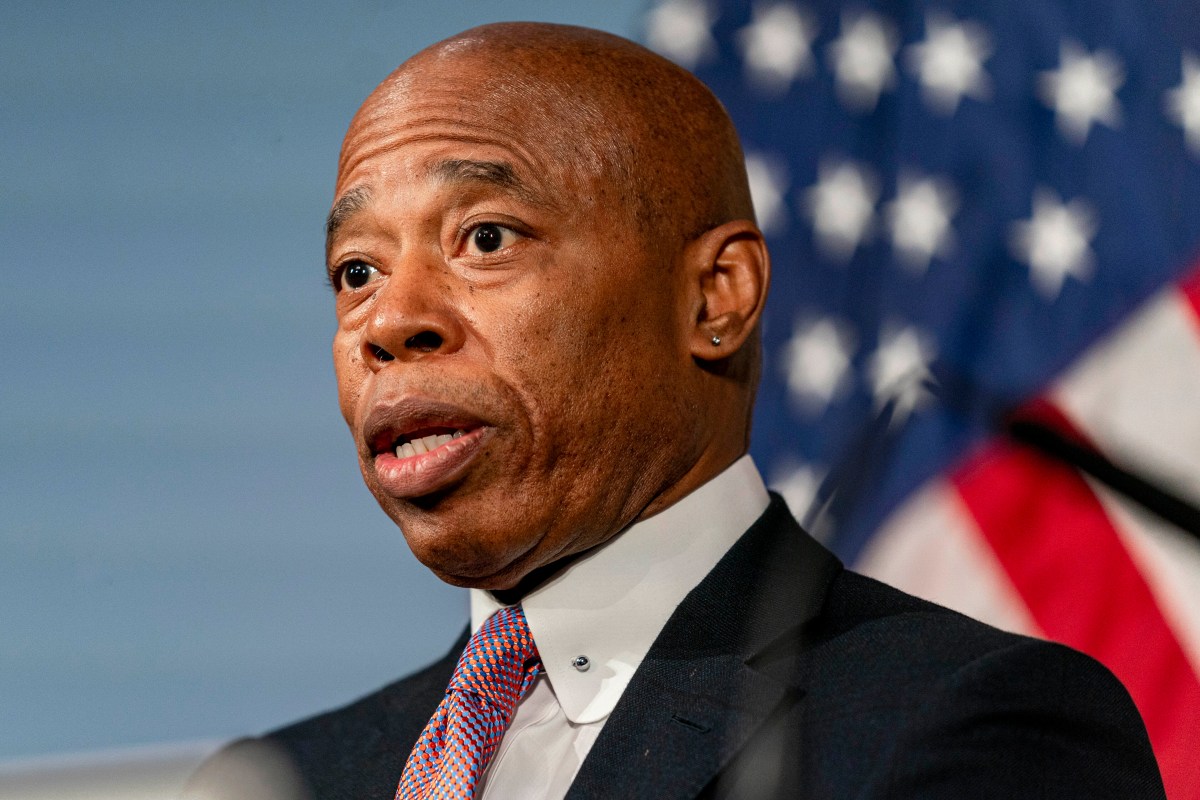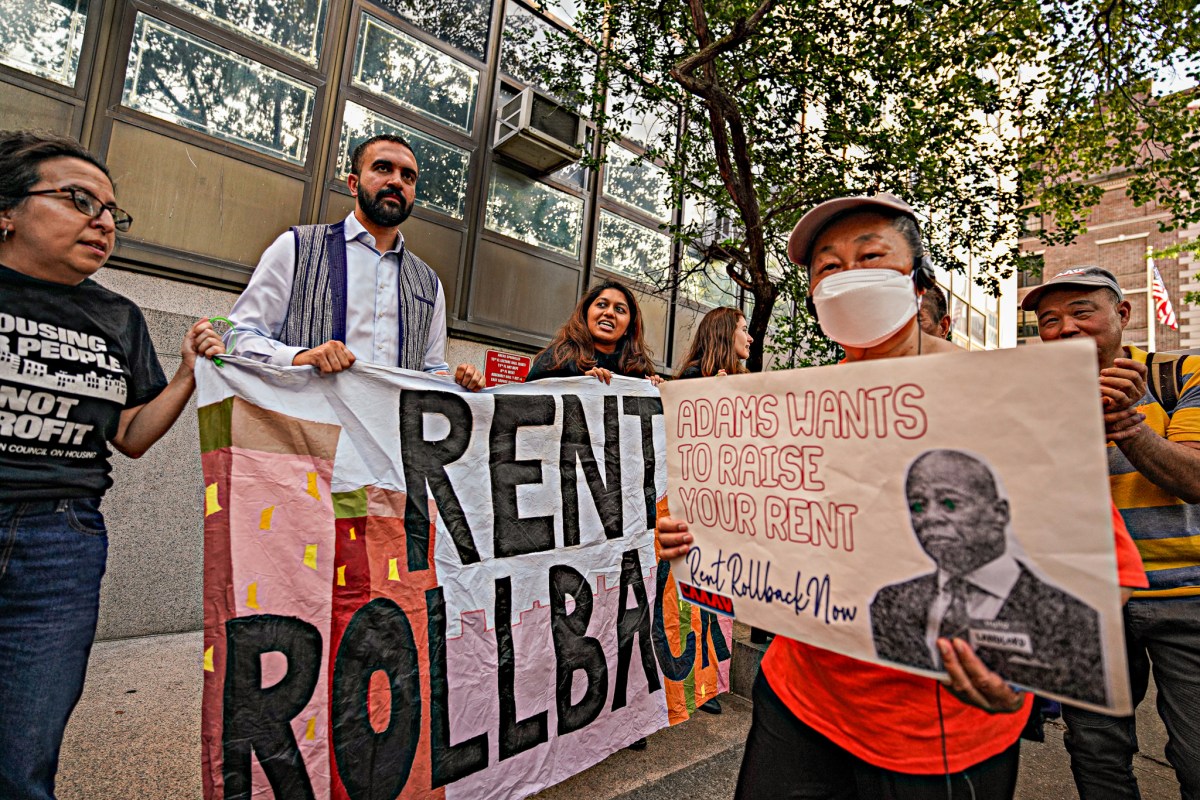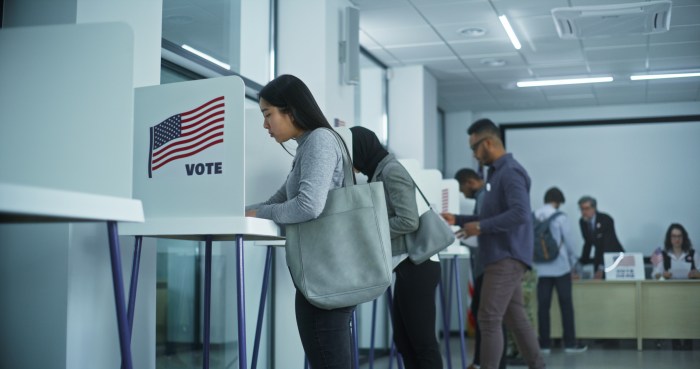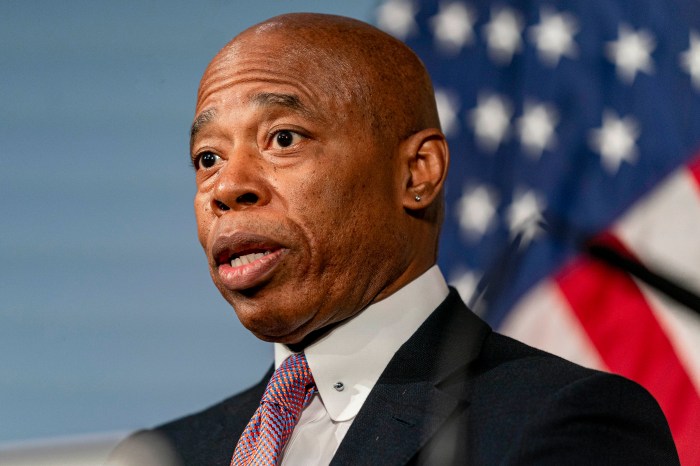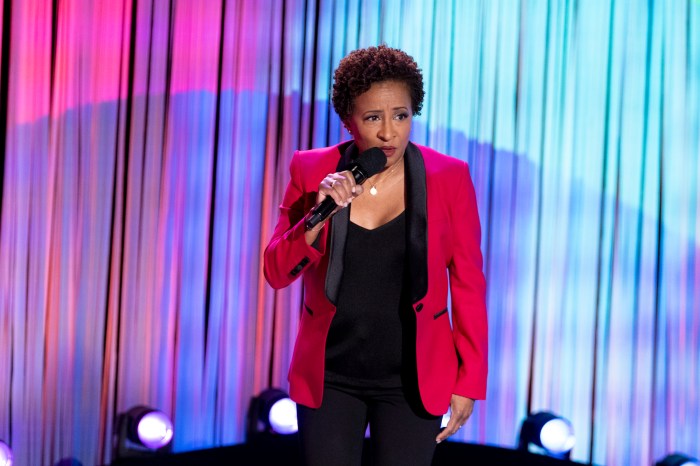A noise tax on non-essential helicopter and seaplane flights in New York City could allow residents to rest easier in the self-proclaimed city that never sleeps.
New York State Senator Joseph P. Addabbo Jr., who represents neighborhoods in District 15, including Middle Village and Woodhaven, has received approval from fellow Senators on a legislation that will tax helicopters and seaplanes for contributing to noise pollution.
The issues surrounding noise pollution are common in New York City, with residents often turning to their elected officials to alleviate helicopter travel and prevent high-density traffic areas from experiencing excessive noise. Addabbo said constituents in his district have continued to bring residential noise complaints to his office.
“High-decibel noise and vibrations from these aircraft during their takeoffs and landings hundreds of times a week disrupt the daily lives of many New Yorkers, including schools and businesses,” Addabbo said.
The co-sponsored legislation proposes an imposed tax on noise from non-essential seaplane and helicopter flights, which would amount to $50 per ticketed passenger or $200 per flight.
Furthermore, the bill states that electric-powered helicopters and seaplanes meeting the decibel thresholds would be included in tax exemptions. The funds obtained from the imposed taxes would be deposited to the Environmental Protection Fund.
Addabbo said the impact of constant noise pollution has a negative impact on residents’ quality of life and often continues despite intervention from lawmakers and law enforcement.
“These types of noise disturbances have been found to have significant health impacts, including high blood pressure, muscle tension, sleep disturbances and stress-related conditions such as ulcers,” Addabbo said. “Imposing a noise tax could reduce the number of daily non-essential flights while helping alleviate the negative impact on residents and businesses.”
The bill has been sent to the Assembly Ways and Means Committee for consideration after receiving approval from the NY Senate.

